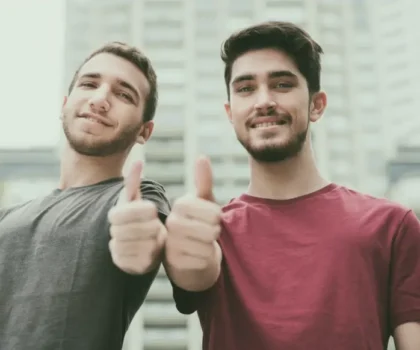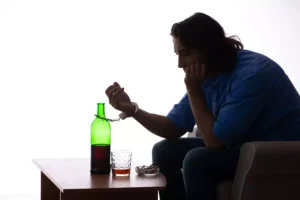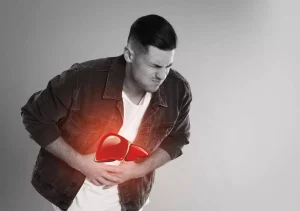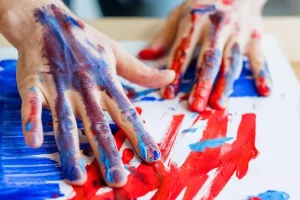
If you sleep better when you don’t drink, you might consider stopping alcohol use entirely. However, if you continue to have sleeping difficulties, reach out to a sleep specialist. If you think you may have a sleep problem or disorder, consider taking our brief sleep quiz to find out. Remember that only a healthcare professional or sleep specialist can diagnose a sleep condition. Alcohol has been shown to negatively impact sleep, but this comes down to the individual.
Frequently asked questions
- If you’re having trouble falling or staying asleep often, see your healthcare provider.
- Throughout the night, your brain will cycle through all of the sleep stages multiple times to give you a good night’s rest.
- This article explores how alcohol affects your quality of sleep.
- But these behaviors can make it harder to sleep the next night, leading to even more sleep debt.
- This might initially feel like more restful sleep, but it’s actually a disruption of the natural sleep cycle.
- Ultimately, alcohol can decrease the amount and quality of sleep you get.
Alcohol can help people feel more relaxed and sleepy, but it’s also linked to poor sleep quality and duration, according to the Sleep Foundation, a U.S. nonprofit organization. Generally, the more a person drinks, the more their sleep quality suffers. It’s not because I don’t appreciate a glass of wine with a great meal, or a few beers on a hot summer evening.

What is insomnia?
- Drinking to fall asleep can cause or worsen some health issues over time.
- Alcohol can contribute to the development or worsening of PLMD, a condition characterized by involuntary limb movements during sleep, leading to disrupted sleep and daytime fatigue.
- Researchers have found that insomnia is a risk factor for alcohol abuse.
- In an attempt to fall asleep, some people have a drink before bed.
Alcohol’s relationship with sleep onset is complex and often misleading. While many people use alcohol as a sleep aid because of its initial sedative effects, this approach can be counterproductive in the long run. Alcohol may indeed help some individuals fall asleep faster, creating a false sense of its effectiveness as a sleep remedy. Insomnia is a sleep disorder that can affect people of all ages.
Can Alcohol Cause Sleep Apnea?
During the second half of the night, sleep becomes more actively disrupted. The rebound effect may include more time in REM—a lighter sleep stage from which it is easy to be awakened. While https://ecosoberhouse.com/ drinking alcohol before bedtime may help you feel relaxed and sleepy, enjoying a nightcap puts you at risk of experiencing repeated wakings and low-quality sleep later in the night.

However, prolonged alcohol exposure can lead to a depletion of GABA levels, contributing to sleep disturbances. Consuming certain does alcohol help you sleep substances, such as alcohol, can disrupt sleep schedules. This is because alcohol works as a central nervous system depressant.

It can make you sleepy and decrease sleep onset latency, which is the time it takes to fall asleep. But the sleep you get will be manufactured sleep, not the natural restorative sleep you need to feel your best. While alcohol consumption may help someone fall asleep, there is a reduction in sleep quality compared with sleep without alcohol.
In other words, it throws off the first two stages of light sleep, and it can be difficult for your body to readjust during the remainder of the night. Nearly half of adults over age 65 report having consumed alcohol in the past year, according to NCOA guest author and alcohol use researcher Paul Sacco. And sometimes, they say they’re drinking to cope with a challenging symptom like insomnia.
How to achieve better sleep and sleep quality without alcohol
Also, research shows that people can develop a tolerance to this boozy method within three nights, causing you to need a larger amount of alcohol to get the same effect. First, alcohol affects everyone differently because of a slew of factors, like age, biological sex, and body composition, just to name a few. If you pass the moderate threshold, though, you’ll get a lot more of that initial non-REM sleep, but significantly reduce the total percentage of REM sleep over the whole night. Alcohol has been linked to reduced rapid eye movement (REM) sleep. Circadian rhythms regulate nearly all of the body’s processes, from metabolism and immunity to energy, sleep, and sexual drive, cognitive functions, and mood. Dr. Seema Khosla is the medical director of the North Dakota Center for Sleep and a medical advisor for MedBridge Healthcare.
The Science Behind Alcohol and Sleep

It is more often consumed at night, also called a nightcap, and may negatively affect your sleep. While alcohol can make you feel tired at first, it can also disturb your sleep as it wears off. If you drink alcohol at night and have trouble falling or staying asleep, you might wonder how long you should wait between your last drink and going to bed so your sleep isn’t impacted. Being a sedative and depressant of the central nervous system, alcohol can increase feelings of tiredness and sluggishness. One of the side effects of alcohol is drowsiness, so it can make you fall asleep quickly.
